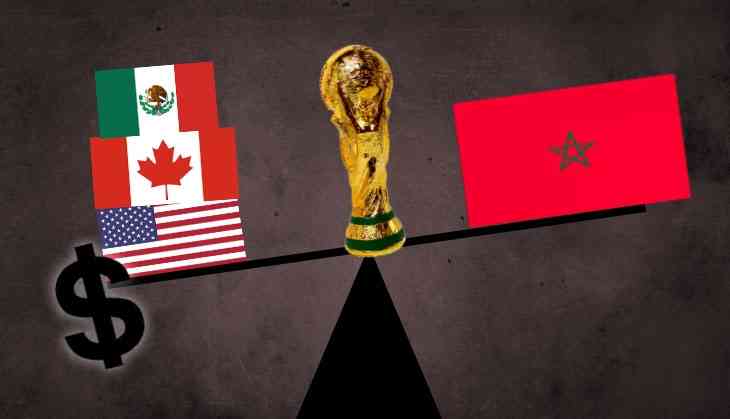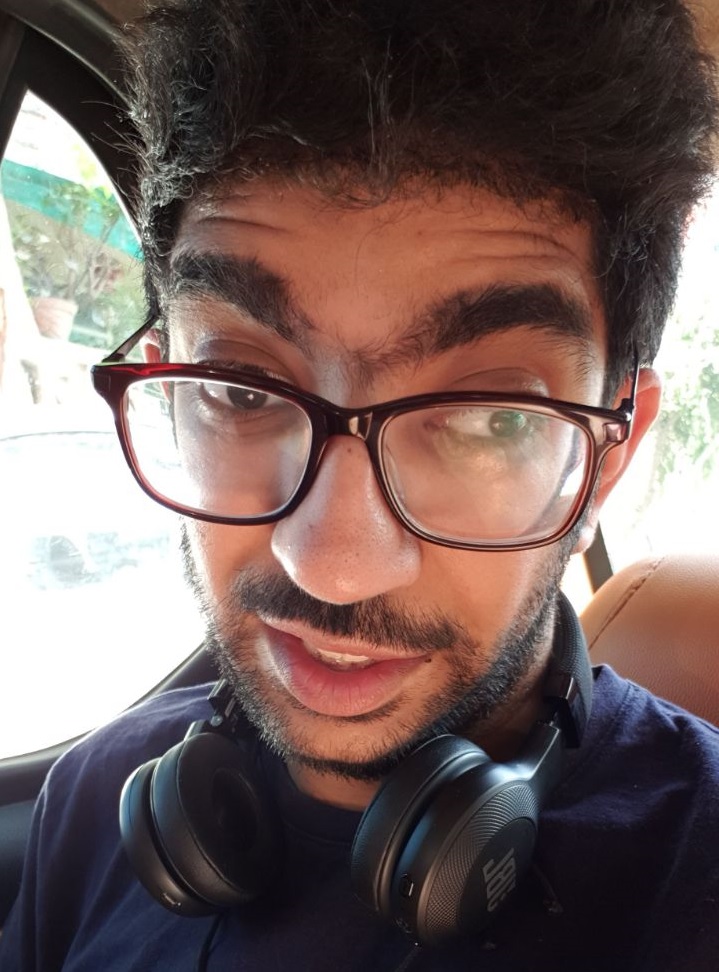Giving the World Cup 2026 to a United North American bid instead of Morocco is a grave mistake

A combined North American bid from USA, Mexico and Canada pushed out a spirited bid from a smaller nation known as Morocco. The World Cup 2026, which is now in the hands of the North Americans will be the first World Cup to feature an expanded 48-team, 80-match tournament. The combined bid offered a whopping $11 billion profit. That's twice of what the Moroccans could offer.
The join bid got 134 votes, or 67% of the 203 total votes. Morocco took home just 65 votes or a mere 33%. Voting took place in Moscow on 13 June, one day before the start of the Russia World Cup 2018. This is the fourth time North America is hosting the World Cup with the United States having held it in 1994.
The Moroccans are a disappointed lot. This was their fifth bid to host a FIFA World Cup and called it "the dream of a nation". For the fifth time, they lost out. This time, the reason was simple. Money. USA has already held a tournament. Mexico hosted it twice, in 1970 and 1986. Canada has never held a men's World Cup but they did host the women's World Cup back in 2015.
The decision to award the North Americans the World Cup is a strange one. For one, it comes at a time when two out of the three future hosts failed to qualify for the World Cup in Russia. Second, it comes at a time when Donald Trump has been despised world over for his policies since coming into power. Third, the three nations are anything but divided in today's world. President Donald Trump wants to build a wall along the US-Mexico border. US-Canada relationships are rocky at best.
The US soccer president Carlos Cordeiro has said that the World Cup in North America would generate $14 billion in revenue and a humungous $11 billion in profit for football's governing body Fédération Internationale de Football Association. It's the first World Cup to be hosted by three nations but the vast majority of the matches will be played in the USA.
The World Cup 1994 started and ended with a missed penalty and FIFA has missed a good opportunity. Giving Morocco the World Cup would have boosted football in places where it is needed. It would have given the chance for a smaller nation to shine on the biggest stage. South Africa - first African nation to host a FIFA World Cup - may not have qualified for the two World Cups after the one it hosted, but seeing the Bafana Bafana play on their home soil, has certainly inspired a lot more to take up the game.
Yes, it is up to the governments to maintain the stadiums and keep them flowing with sports people, but without a World Cup, these nations aren't given the chance to build world-class stadiums in the first instance.
Why did an African nation lose when the world is on the verge of saying that it is 'Africa's time...again'. To be fair, CONCACAF hasn't hosted a World Cup since 1994.
The World Cup 1994 was the first for which Morocco had bid. They lost 10-7 to the USA. Brazil garnered two votes. Morocco, returning hopeful from that bid, chose to go at it again for the 1998 edition. They were up against heavyweights in England, Germany, Switzerland and France. Germany, England and Switzerland withdrew, leaving France and Morocco. The African nation was defeated by 12 votes to seven. Skipping the bid for the 2002 World Cup, Morocco went at it for the 2006 edition. They dropped out in the first round itself with just two votes.
After some controversy, the 2010 edition was left to a final round head-to-head between South Africa and Morocco. Ideally, this should have been Morocco's time. South Africa won a controversial bid 14-10. Morocco accrued more votes but lost out on the eventual bid. Chuck Blazer, FIFA executive member had later admitted to taking bribes to vote for and award the World Cup to South Africa. Blazer also admitted to taking bribes during the 1998 voting process in favour of France.
What we don't know as of now is whether the bidding for the 2026 edition was clean or not, but if anything is known, it is that Morocco's time has long been coming.
While off the field they may not have had so much success, on the field they are enjoying a mini-revival under new coach Herve Renard. It was only last year when they reached the quarter finals of the Africa Cup of Nations and had secured a first World Cup birth since 1998.
All attention will now turn on the field, toward their performance in Russia. They are in Group B, alongside Portugal, Spain and Iran. They have a chance to show what the underdogs can do on the biggest stage of them all.


